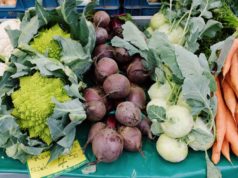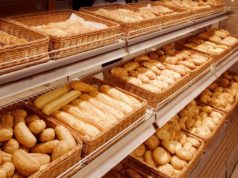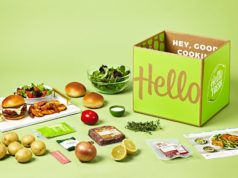Adequate nutrition is a fundamental aspect of elderly care. The best elderly nutrition boosts immunity, fights illness, and helps reduce the risk of stroke and blood pressure.
Sadly, some studies say that between 20-65% of hospitalized senior patients suffer from nutritional deficiencies. Many people are now caring for their elder parents at home, which enables them to monitor their nutrition.
To offer excellent home care services, you need the latest senior day care software. It’s a handy tool for tracking the health of your loved one, which ensures better health.
Here’ an ultimate guide for healthy eating habits for seniors:
1. Have information on basic food types
There are different food types; these include vegetables, fruits, protein, carbohydrates, vitamins, minerals, and fats. Each category consists of different foods, and there are specific quantities that you should consume every day.
Research on older adult’s nutrition guidelines, the best food sources, and use a healthy food chart to guide you.
2. Plan your meals
Meal planning will help avoid the last-minute rush. It will save a lot of time spent in the market and cooking. What’s more? It avoids food wastage or storing a lot of food in the refrigerator.
Plan for your meals in advance, and this will help you stay in charge of what you eat. Besides, meal planning will help lessen the likelihood of skipping meals or consuming the wrong food types.
3. Cook daily
Cook often and avoid keeping food in the refrigerator for long. If you have to rely on convenience foods at some point, go for healthy options. Some foods that are nutritious and easy to prepare are low-sodium canned soups and stews, instant oatmeal, rotisserie chicken, and more.
4. Avoid sudden changes to your diet
Don’t make abrupt changes to your diet or food habits. Your body will need time to adjust to any modifications to your diet. Changing too fast can lead to side effects, and you should instead make modest alterations, and keep increasing until you reach your goals.
5. Eat on time & Control your portions
Your stomach requires food at regular intervals and secretes digestive juices in the expectation of food. If you skip meals, you can easily suffer acidity and many other health complications.
Consequently, the food will remain undigested for long if you feed when you’re full.
Eat at intervals, and make it a routine. Consume the right food quantities, and if you have issues maintaining your portion sizes, use portion control plates and scoopers. They will help you ensure the right food portions.
6. Stay hydrated
Your body needs water to function optimally. It helps in the elimination of toxic substances from your body, aids in digestion, and improves hair and skin health. Sometimes you may not notice that you’re thirsty, drink fluids regally and take eight glasses daily.
Also, improve your water intake by drinking soups, fresh juices, water-rich fruits, and vegetables.
7. Consider supplements
Your nutrient needs and eating habits change with age. You’ll probably need fewer calories, suffer a loss of appetite, become more susceptible to infections. You may have to avoid some foods, and this makes it hard to get all the essential nutrients.
Talk to your doctor about vitamin and mineral supplements like calcium, vitamin D, magnesium, and vitamin B-12. These are often poorly absorbed by the elderly, making you likely to suffer from vitamin deficiency.
However, some supplements can interfere with some medications, and your doctor should advise on any possible interactions before you start on any new supplement or medication.
Take away
Eating a nutrient-rich diet is very important as you age. Opting for nutrient-rich and low-calorie foods can help in the prevention or management of chronic infections, which are very common among seniors.
The best food for seniors will also keep you energized and maintain a healthy weight.











